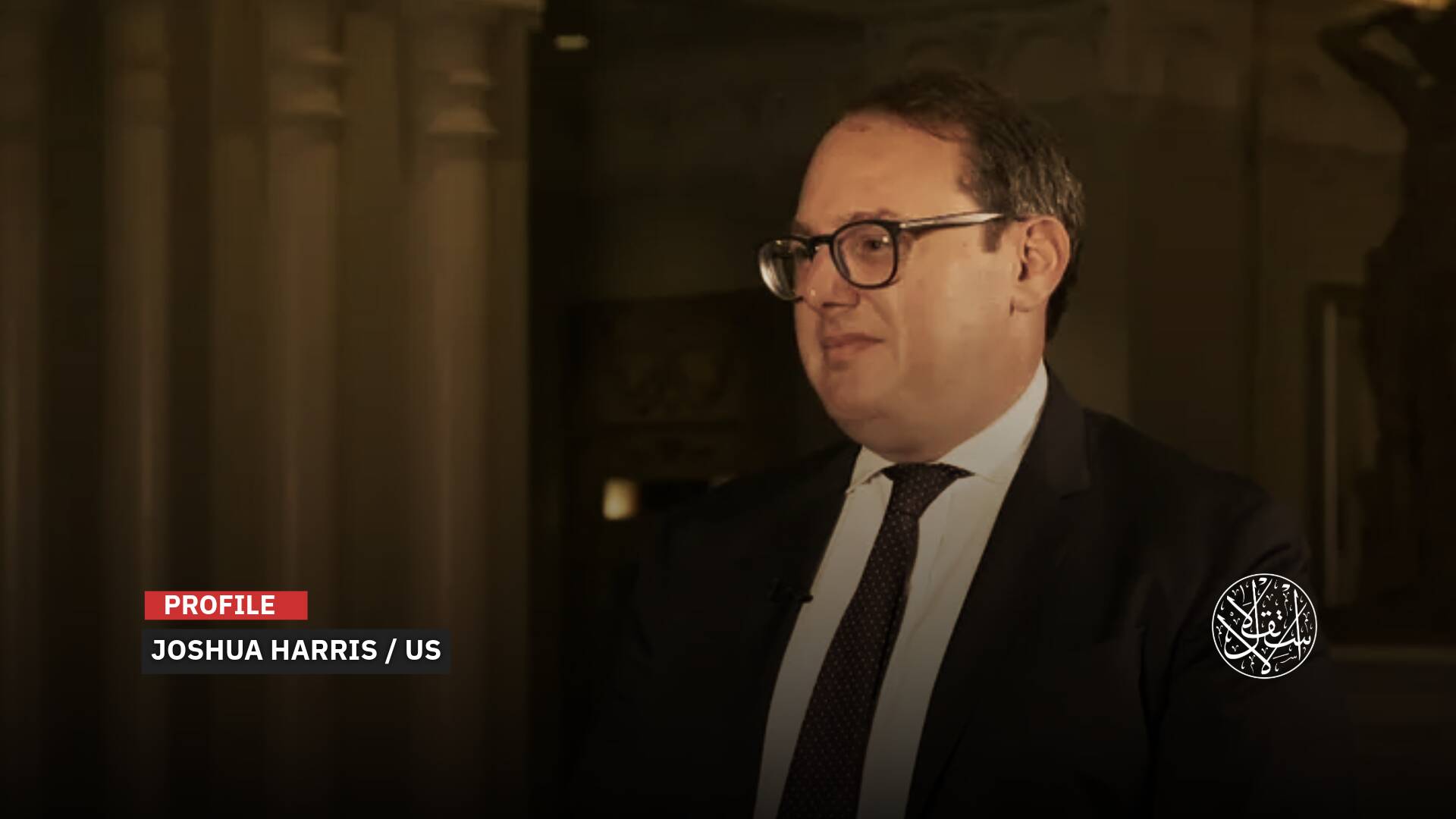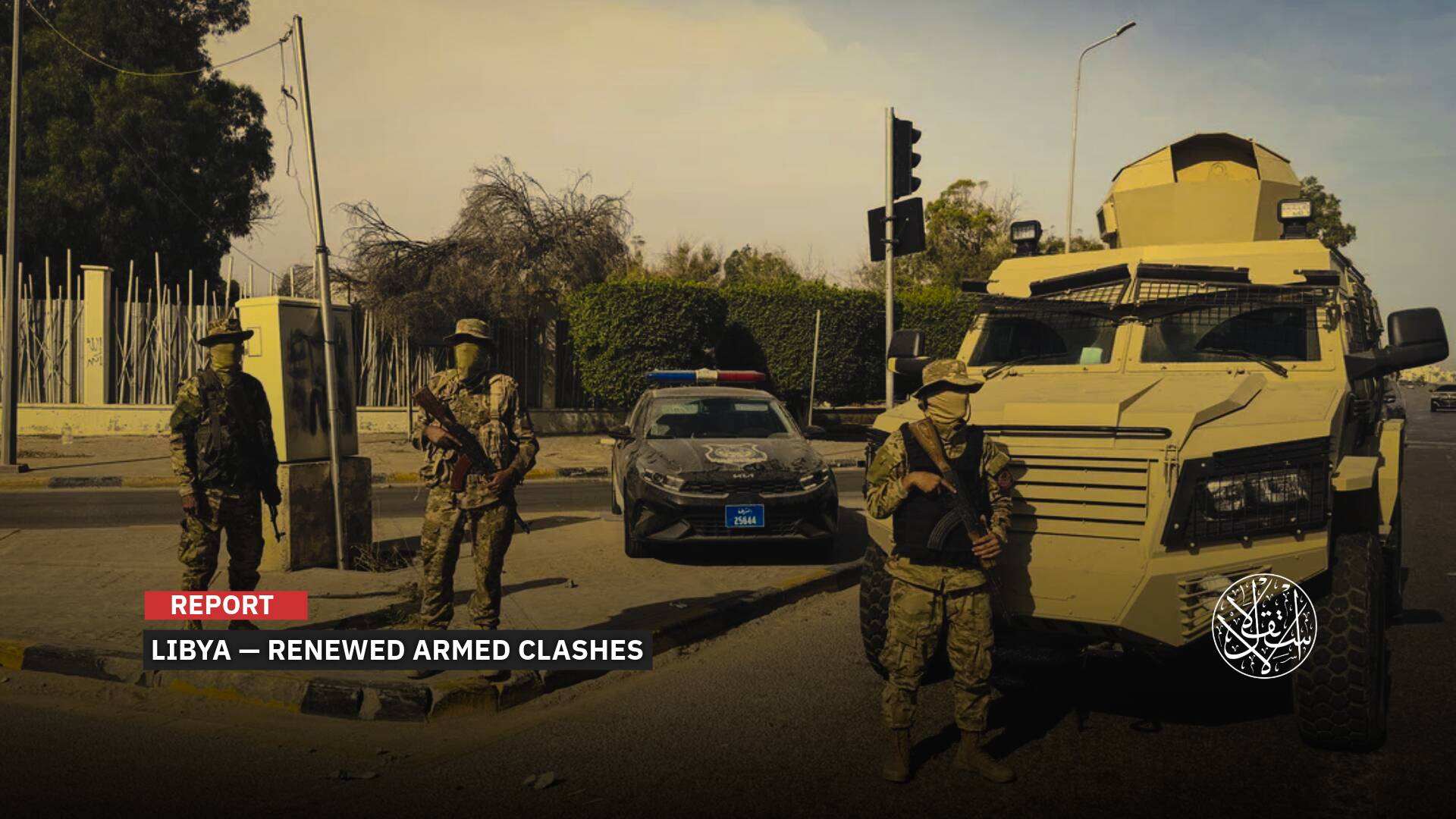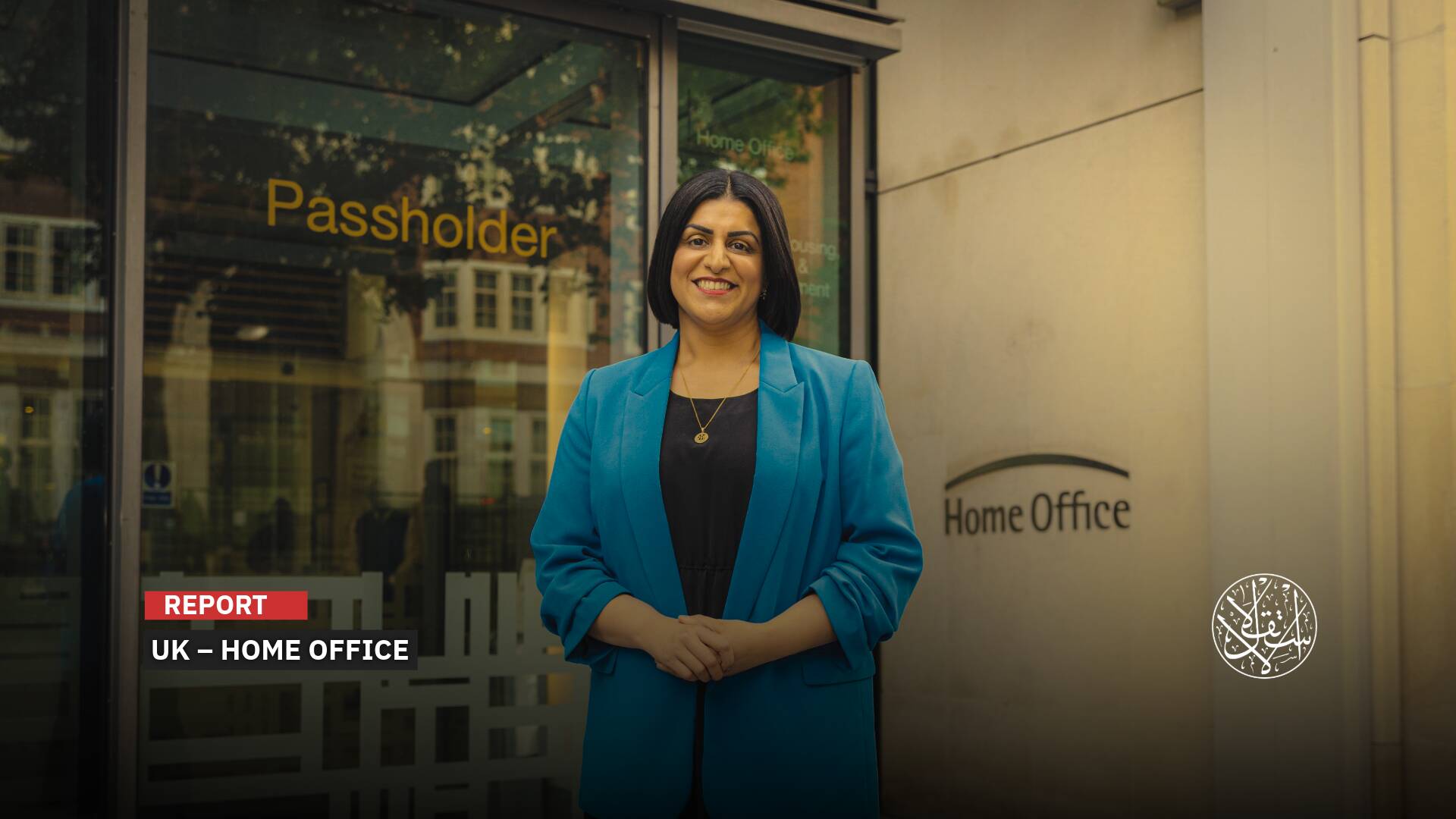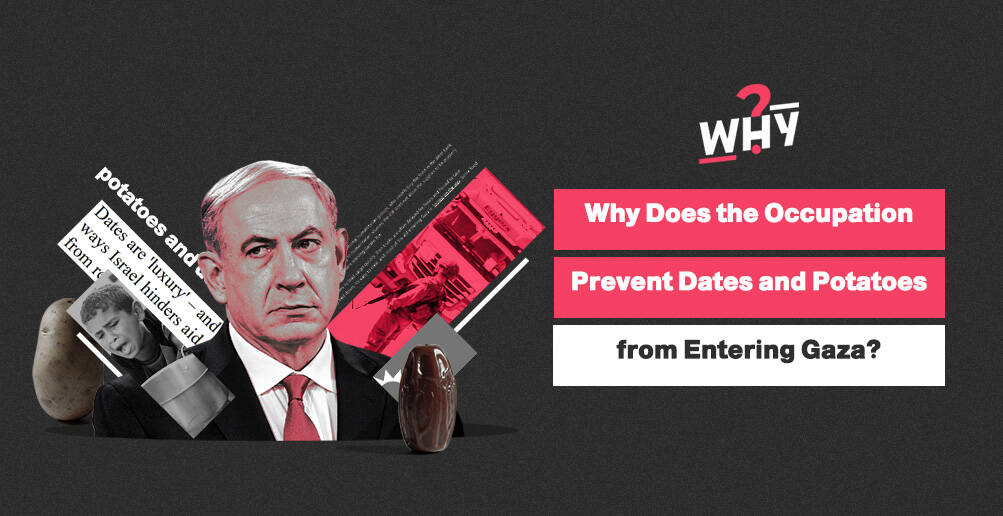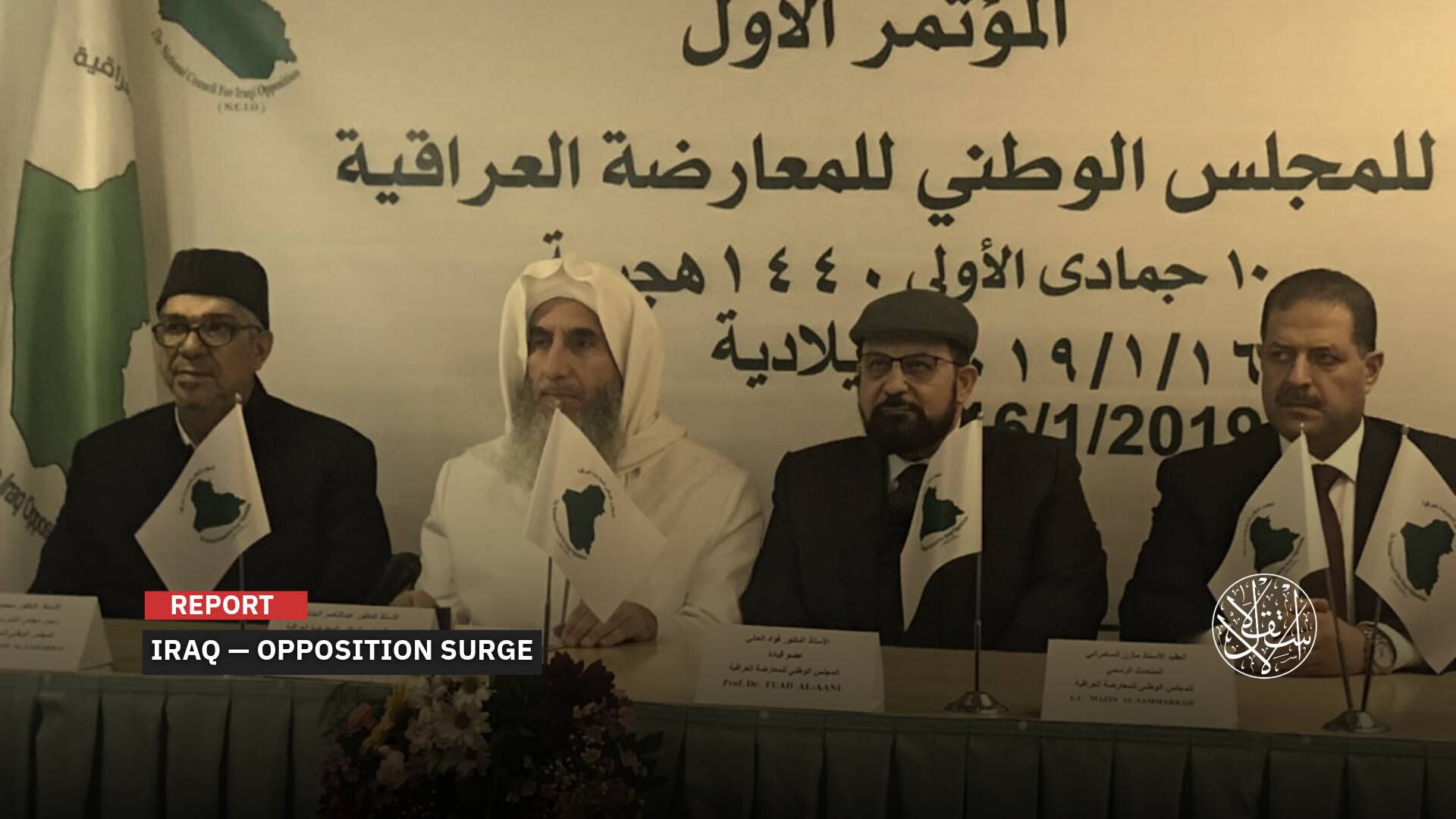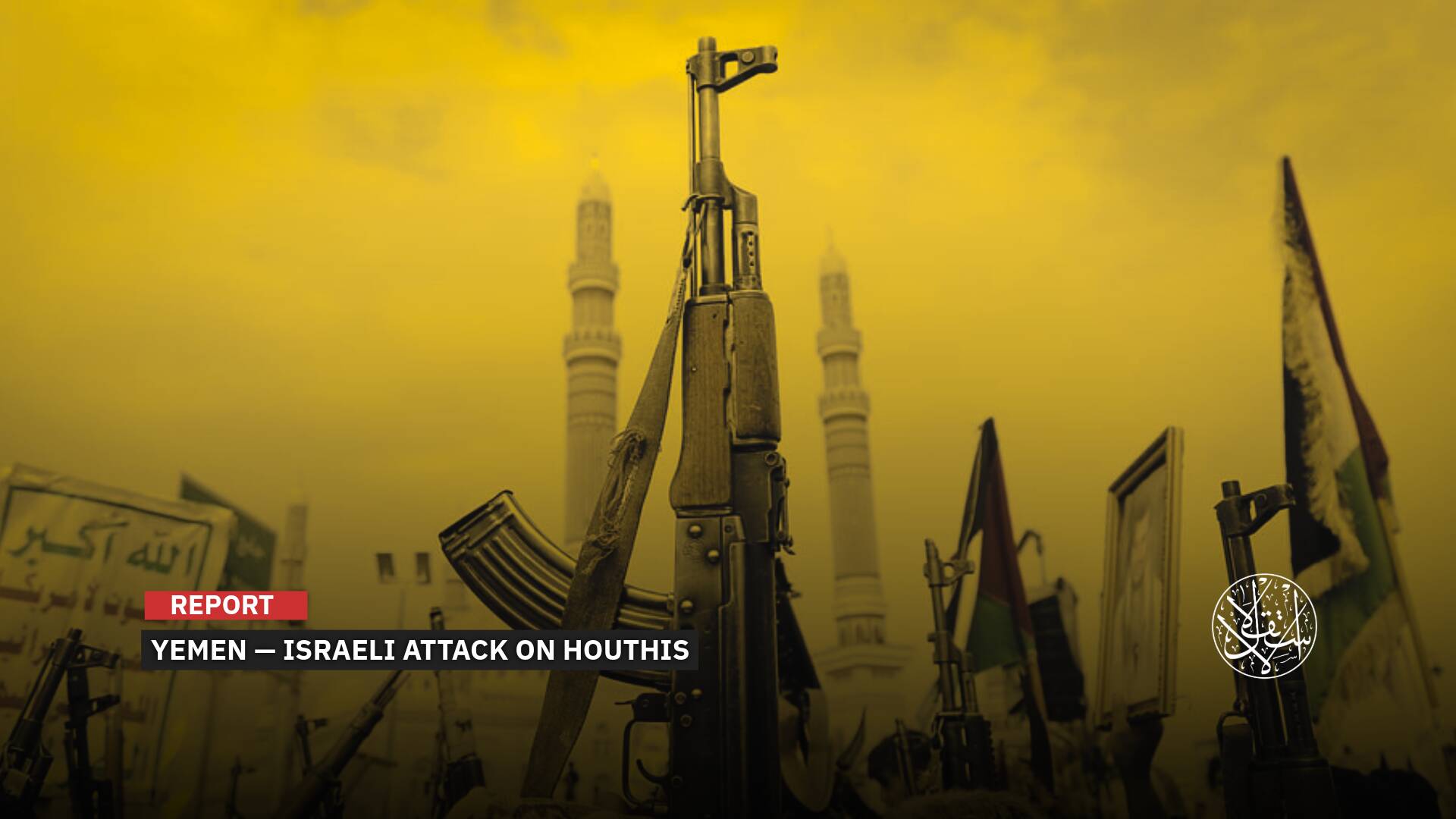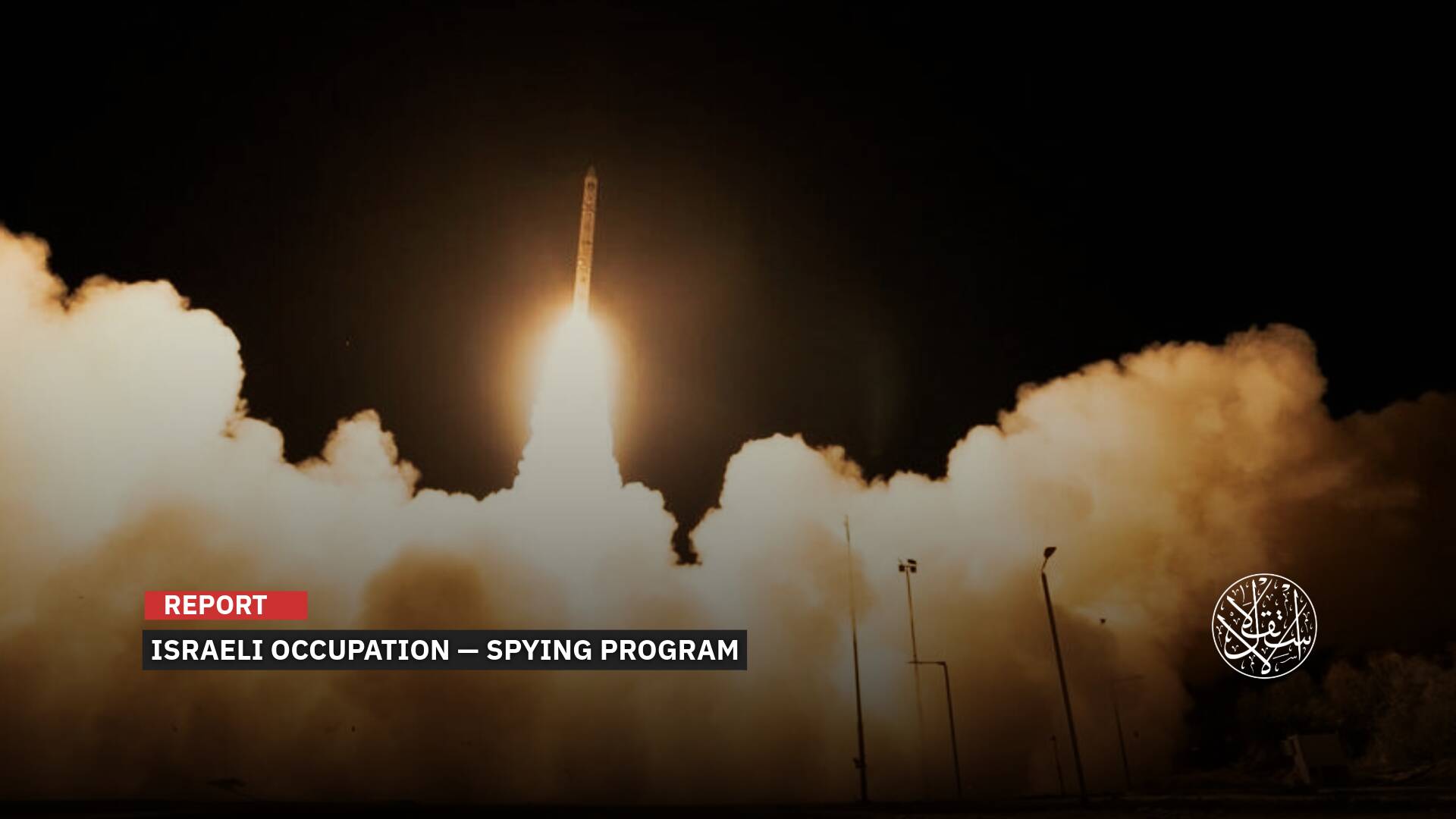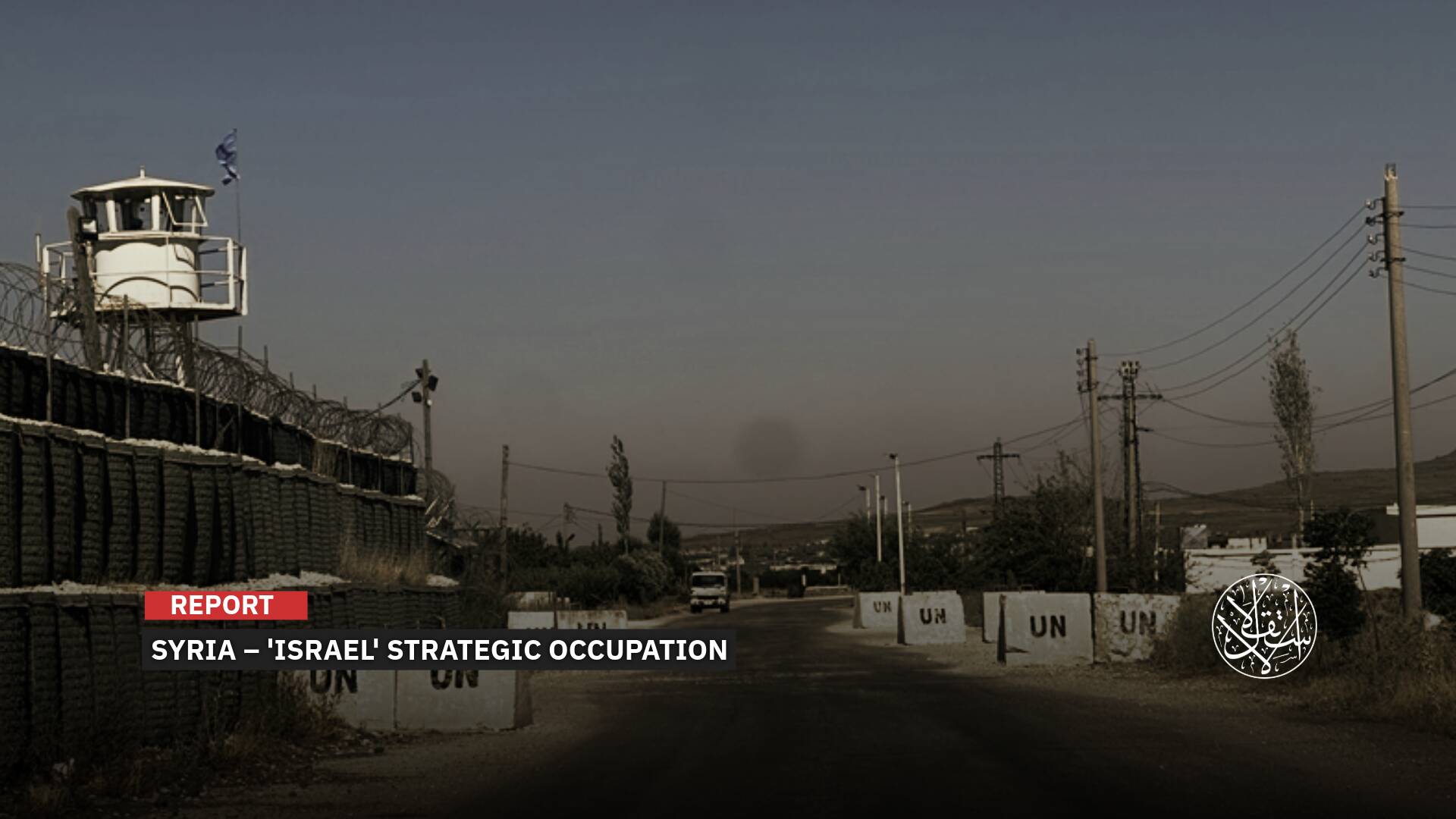Le Monde: Algeria's Historians are Protesting Against the Archive Closed Doors

Encouraged by the public debate opened by the Memory Report, nine Algerian historians called on President Abdelmadjid Tebboune to put an end to the "bureaucratic obstacles" to the National Archives.
On March 25, 2021, the historians, led by Mohamed Ould Si El-Qarso, Daho Djerbal and Ammar Mohannad Amer, published an open letter to Tebboune demanding the access to the archive.
This is the first collective initiative and it is the result of the January 2021 publication in Paris of Benjamin Stora's report on reconciliation on the French-Algerian legacy of memory.
The report included proposals to rivive and strenghthen the relationship between the two countries and to forget about the colonial memory. Algeria demands the restoration of the entire archive before French colonialism, which was transferred by Paris during the evacuation of its forces from the country.
The French colonization of Algeria lasted between 1830 and 1962, as the Algerian authorities and historians say, that nearly 5 million people died in this period, in addition to campaigns of displacement and looting of wealth.
French officials repeat on several occasions the need for Algeria to turn the page of the colonial past and open a new page.
Historians' Revolution
French newspaper Le Monde says that the revolution spread among Algerian historians. The initiative illustrates the growing frustration of researchers regarding the (Algerian) administration, which is considered arbitrary in managing the national archives.
The newspaper explains that the head of the National Archives, Abdelmajid Chikhi, who has been in office for 19 years, was supposed to be Stora’s interlocutor in the debate on memory that French President Emmanuel Macron and his Algerian counterpart are trying to formulate.
Previously, the two presidents agreed to appoint two historians (one for each) to discuss the memory file, as Stora was appointed for the French side, and for the Algerian Abdelmajid Chikhi.
However, in contrast to Stora, Chikhi did not engage in similar work on the inventory and suggestions on the memory matter, according to Le Monde.
Ammar Muhannad Amer asks, "Where is the Algerian report? On the one hand, there is the (Stora) report, which raises controversy after its publication, and on the other hand, there is a report (expected from Chikhi) that raises controversy because of his absence."
Chikhi, for his part, justifies his silence by the fact that the Stora report has not been officially filed with the Algerian authorities.
"This is a French report, which has not been formally sent to us so that there is an obligation, at least morally, to respond to its content," he said to Al-Jazeera
The confusion surrounding Chikhi’s role in this dialogue about memory has prompted historians to speak up.
In 2016, historian Fouad Sofi, a former deputy director with Chikhi, had already rebelled by publishing an article in the daily Al-Watan newspaper denouncing the “torment” of the National Archives and its “slow death.”
Five years later, the historians published an open letter addressed to Tebboune, according to Le Monde.

Sincere Interest
The nine signatories demand "the right to access the contents of the transferable files" without "interfering with personal interpretations that run counter to the spirit of the archives which are the heritage of the nation."
Under a law dating back to 1988, “archives can be accessed free of charge after 25 years,” except for judicial files ( after 50 years), data related to state “security” and national defense (60 years) or medical information or special ones (100 years).
Historians also call for "localizing historical research in Algeria and not abroad."
Indeed, many Algerian researchers are forced - often in complex material and legal circumstances - to refer to the holdings of the National Archives Overseas, or those in the archives of the Defense Services in Vincennes, where the so-called "sovereign" archives relating to the period of French colonialism in Algeria have been returned..
This unconventional case raises the question of deepening the digital sharing of archives between France and Algeria, even " the returing" the originals, as the Maghreb state says.
It also highlights the "bureaucratic obstacles" in Algiers that the signatories denounced.
In his article in Al-Watan newspaper in 2016, Fouad Soufi cited the example of the adventure faced by an Algerian historian after he waited “in vain” for the authority of the Algerian Archives to consult on the treaties signed between Algeria and Austria in the seventeenth century, and ended up going directly to the Vienna Archives.
The latter had provided him with copies of the requested documents, but this historian in Algiers was accused of publishing "state secrets".
Ammar Mohannad Amer angrily says that these obstacles stem from "schizophrenia," calling on France to return the colonial archives, "but at the same time we are closing the doors to access to archives in Algeria."
He also says that "with the return of controversy over archives and memory in the publication of the Stora report, there was a reaction of self-respect among Algerian historians."
'Widespread Case'
The historian Muhammad al-Qarso says that "the bureaucratic difficulties belong to a leader (Chikhi) who made his mission a political one by transgressing the limits of the law."
According to him, the bureaucrats occupy the foundation run by abdelmajid chikhi are not considered as real historians
The Historian Sophie says that closing access to the archive does not aim to "hide the untold facts, but rather to conceal the incompetence of the Algerian archives' heads."
During an interview with the French "Le Monde Afrique" website in November 2020, Chikhi tried to justify his position in the face of the criticism , he was already suffering from, " by opening a delicate archive to influence the society
In some cases, he tended to say that "the director of the archive has a duty to respect public tranquility and prevent the reveal of files that leads to a negative impact on the functioning of society."
He defended himself saying, "I am not trying to affect the course of the case but there are still people who come to the archive because of this controversy."
When it comes to, for example, issues that are bargaining for people, I can't let them go. Chikhi adds: "This is the case when I am asked for a file of a person accused of collaborating with the French. I will not distribute these files because of popular revenge."
"The difficulty lies in the fact that Chikhi is posing for himself the right to judge what is good or bad for society, regardless of the provisions of the Algerian law relating to archives dating back to 1988," says Le Monde.
Algerian historians hope for a simple return to the law on the occasion of this unique movement, according to the newspaper.


